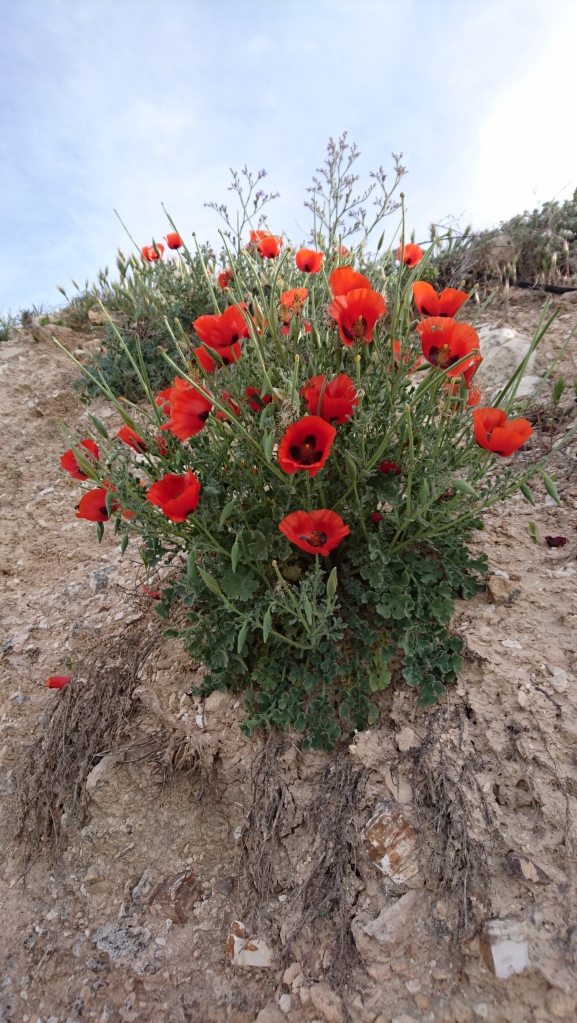Startled this morning by George Monbiot’s dire observations on the melting of Arctic ice in “The Heat of the Moment” in The Guardian (27 August 2012), I have decided to post a poem that celebrates what we could lose with development of the Arctic, where, as Monbiot writes, “ice, storms and darkness make decontamination [of oil spills] almost impossible.” Ok, so the poem is not about the Arctic, but it is about the Canadian North. Would that I had a good photo of Pierre Trudeau in his buckskins on one of his canoe trips.
Canoe-Trip
What of this fabulous country
Now that we have it reduced to a few hot hours
And sun-burn on our backs?
On this south side the countless archipelagoes,
The slipway where titans sent splashing the last great glaciers;
And then up to the foot of the blue pole star
A wilderness,
The pinelands whose limits seem distant as Thule,
The millions of lakes once cached and forgotten,
The clearings enamelled with blueberries, rank silence about them;
And skies that roll all day with cloud-chimeras
To baffle the eye with portents and unwritten myths,
The flames of sunset, the lions of gold and gules. …
For copyright reasons, you must read the rest of this poem where you can find it. “Canoe-Trip” was collected in Douglas LePan’s first book of poetry, The Wounded Prince and Other Poems (1948). I found it in An Anthology of Canadian Literature in English, Volume I, edited by Russell Brown and Donna Bennett (Oxford). The editors do not discuss his idea of ownership (“It is a good stock to own”) nor point out that the lakes may not have been forgotten by their local inhabitants. Searching this morning, I found it hard to find landscape poetry that is not 19th Century. This poem keeps to the idea that wilderness heals — “hand and mind, reknit.”
According to Canadian Literature in English, edited by Laura Moss and Cynthia Sugars, Douglas LePan (1914-98) is “one of only a few writers” to win the Governor General’s Literary Award for both poetry and fiction. He was awarded it in 1953 for his poetry collection The Net and the Sword (Toronto: Clarke, Irwin, 1953) and for fiction in 1964 for The Deserter. Moss and Sugars go on to discuss a controversy over his poem “A Country Without a Mythology,” arising from its failure to consider native mythologies in place before the country of Canada.
What concerns us here, however, is that Douglas LePan lived abroad. After obtaining a B.A. from the University of Toronto in 1935, he went to study at Oxford (B.A. 1937). Then he taught English literature at Harvard until 1942. And then came the war. From 1943-45 he was a gunner with the First Field Regiment in the Italian campaign. After the war, he worked for the Department of External Affairs for 14 years, squeezing in an M.A. from Oxford in 1948. His diplomatic posting was to Washington (1951-55). In 1959 he returned to university teaching, first at Queen’s and then from 1964 at the University of Toronto.

- Canada and the Italian Campaign, The Encyclopedia of Canada.
- Le Pan’s papers are held at the Thomas Fisher Rare Book library of the University of Toronto.
- See also the entry on him in The Canadian Encyclopedia.
- The Porcupine’s Quill has released his poems, The Essential Douglas LePan by Douglas LePan and John Barton.
Would you like to review LePan’s war novels, The Net and the Sword, and The Deserter, or his memoir, Bright Glass of Memory (1979)?
Is there a landscape poem by a contemporary Canadian poet that you like?
Header photo credit: <a href=”http://<!– HTML Credit Code for Can Stock Photo –> <a href=”https://www.canstockphoto.com”>(c) Can Stock Photo / frenchtoastCanStockPhoto/frenchtoast.
My friend and fine poet, James Deahl, has published a book of landscape haikus in concert with photographer Richard M. Grove. It’s called North of Belleville, Hidden Brook Press, 2011.
A sample:
At the headwaters
this season’s cattails weep
for their fallen brothers
Another sample:
Maple flowers
stain the dark pavement
April red.
I can’t send photo samples.
Cheers,
Gabriella Goliger
LikeLike